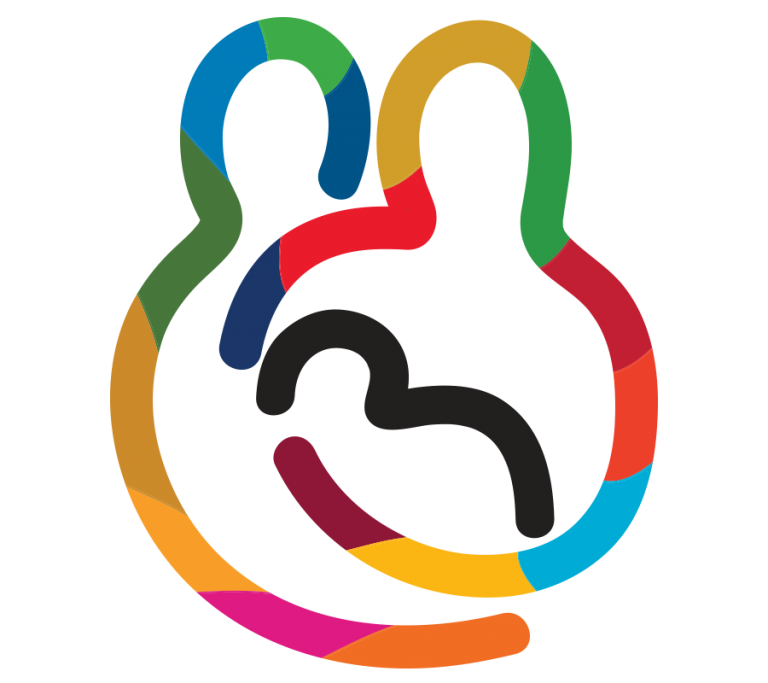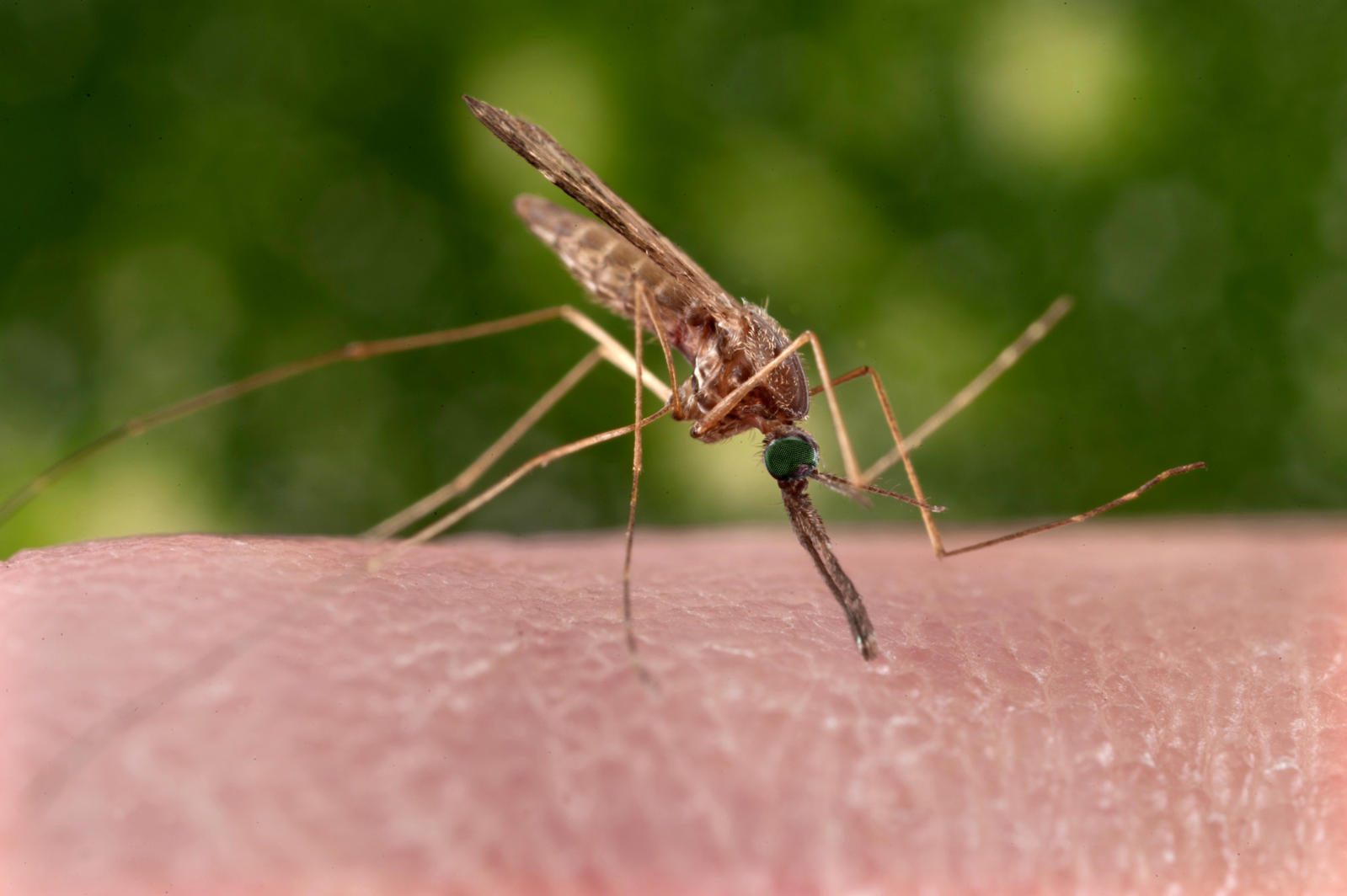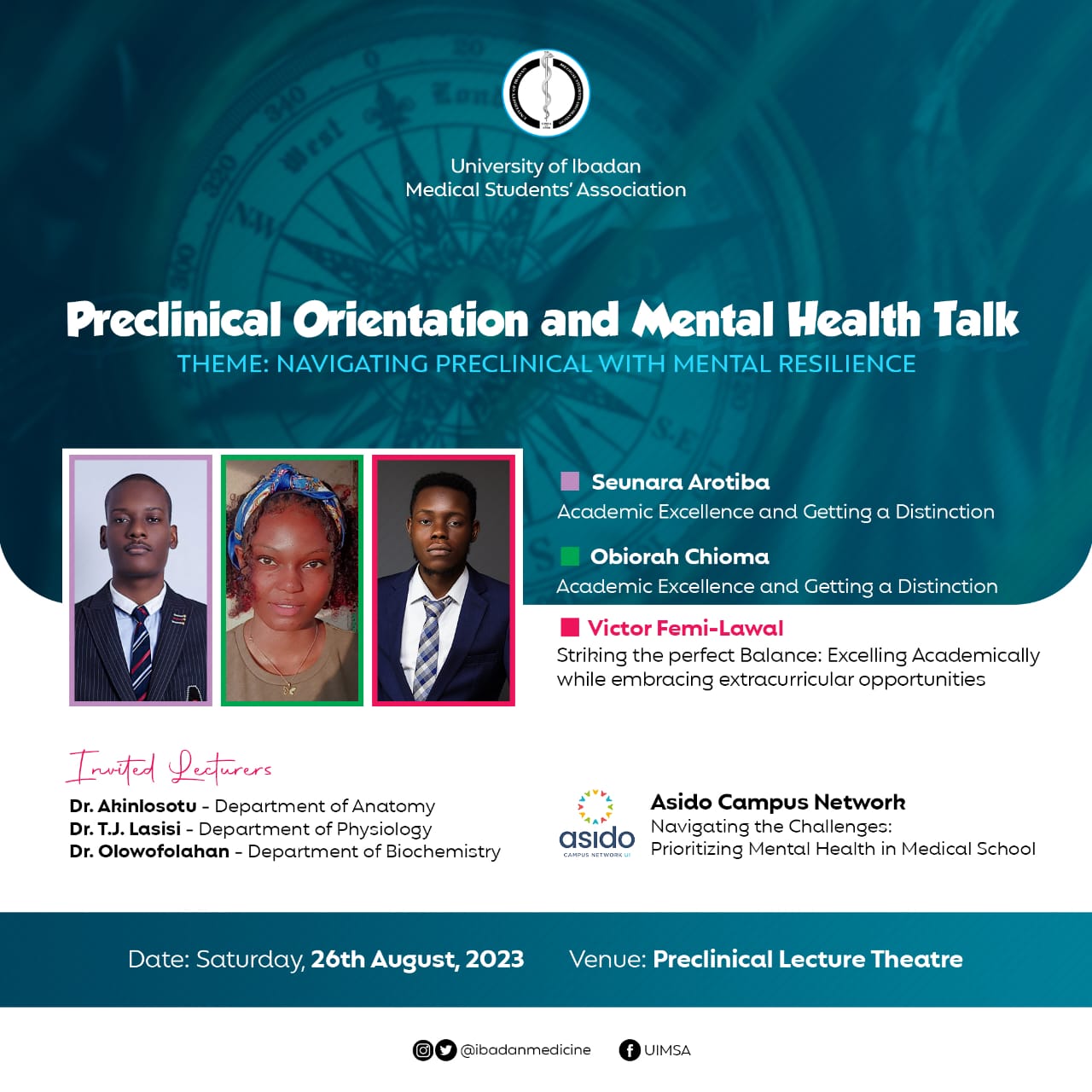WORLD BREASTFEEDING WEEK (1): UNVEILING THE WONDERS OF BREASTFEEDING

As today marks the end of World Breastfeeding Week, we couldn’t but take a moment to step back and marvel at the wonder that is nature’s design. Breastfeeding, beyond being a natural act of nourishment, stands as one of the most significant gifts a mother can bestow upon her child. The act of a mother feeding her baby with her own body’s milk, providing essential nutrients and antibodies crucial for the infant’s growth and development whilst cradling and bonding with the child is truly a stroke of nature’s brilliance.
According to the guidelines provided by the World Health Organization (WHO), it is recommended that mothers exclusively breastfeed their infants for the first six months of life. Complementary foods should be subsequently introduced while continuing to breastfeed until the age of two years or beyond, based on the individual preferences and requirements of both the mother and the child. This begs the question, what exactly is so special about breast milk that makes it the standard for the first two years of life?
Breast milk is an extraordinary concoction custom-tailored to fulfill the precise needs of a growing baby. Its delicate blend of essential nutrients, including proteins, fats, carbohydrates, vitamins, and minerals, plays a pivotal role in fuelling the rapid development of the infant’s brain and body. Scientists and researchers have marvelled at the intricacy of the blend, acknowledging that no artificial formula can rival its quality.
What’s even more astonishing is that breastfeeding is a dynamic process. Right from the start, colostrum (often termed the liquid gold), the first milk produced after birth, acts as the baby’s initial vaccine, fortifying its immune system with a wealth of antibodies and protective substances. As the breastfeeding journey progresses, the milk matures, fine-tuning its composition to cater to the baby’s changing nutritional requirements. It is an intricate dance of nourishment, carefully orchestrated by Mother Nature herself.
Packed with immunoglobulins, white blood cells, and immune-modulating substances, breast milk also acts as a natural defense, safeguarding infants from infections and diseases right from the get-go. The precious antibodies transferred from mother to child during breastfeeding create a protective shield that goes beyond the immediate nursing period.

Research has shown that breastfed infants experience reduced susceptibility to respiratory infections, gastrointestinal diseases, and even chronic conditions such as asthma and allergies. The benefits extend to long-term wellness, with associations between breastfeeding and a lowered risk of childhood obesity and enhanced cognitive development.
Beyond its nutritional and immune-boosting benefits, breastfeeding creates an irreplaceable and near-magical bond between mother and baby. During breastfeeding, the hormone oxytocin surges within the mother, promoting feelings of love, trust, and attachment. The skin-to-skin contact during nursing fosters an intimate connection that instills a sense of security and comfort in the baby likewise. As the baby latches onto the breast, the mother’s brain releases dopamine, a neurotransmitter associated with pleasure and reward. This neurological interplay reinforces the nurturing behavior, forging an unbreakable emotional tie between the two. Breastfeeding, therefore, becomes a heartwarming interplay of affectionate reciprocity.
Breastfeeding also boasts remarkable health benefits for the mother. One key advantage is postpartum recovery, as breastfeeding triggers oxytocin release, aiding uterine contraction and reducing postpartum bleeding. It also aids in weight loss by burning extra calories gained during pregnancy. Moreover, long-term breastfeeding is associated with a decreased risk of breast cancer, ovarian cancer, and type 2 diabetes in mothers.
Additionally, exclusive breastfeeding can act as a natural contraceptive, suppressing ovulation and preventing pregnancy during the early postpartum period. It increases bone density and reduces the risk of osteoporosis, cardiovascular disease, hypertension, and benign breast conditions in mothers.
While rewarding, several mothers (especially new mothers) admit that breastfeeding can also present various challenges which will be addressed in the next article. Understanding these obstacles and having strong social support is essential for a successful breastfeeding journey.
In summary, breastfeeding is not just about nourishing the baby; it is a profound act of self-care and love for both the baby and the mother herself. The benefits of breastfeeding go beyond the physical; they extend into the realm of emotional fulfillment, strengthening the mother’s sense of purpose and instilling a profound joy that words fail to capture. On this fitting day, we celebrate the extraordinary bond that unites mother and child, leaving an indelible mark on both hearts for a lifetime.
ABDULSALAM SODIQ


